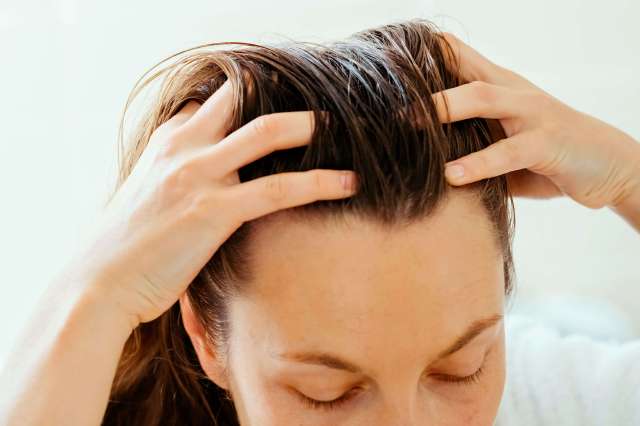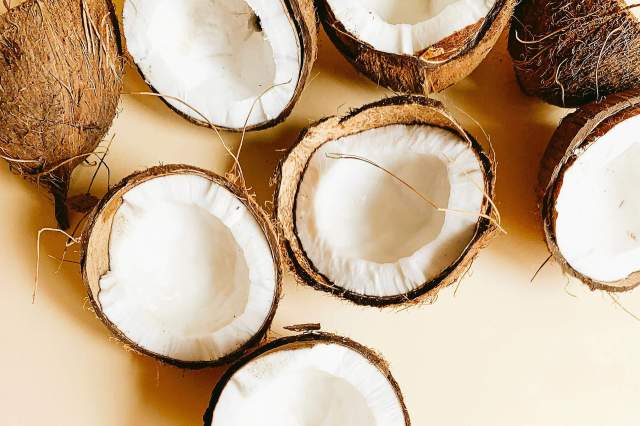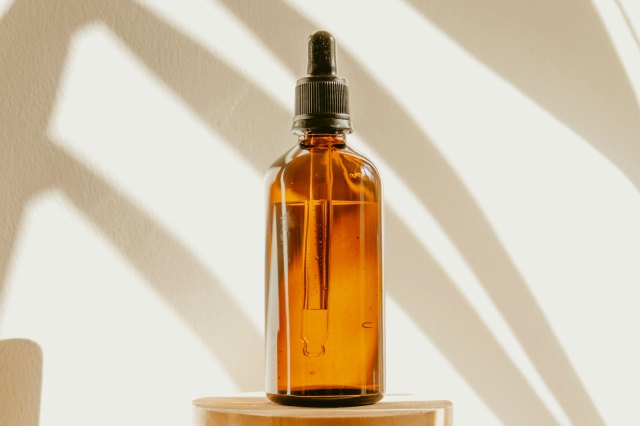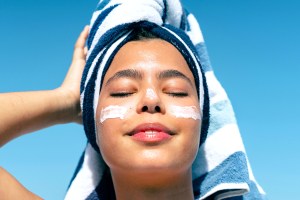For many of us, there’s no avoiding hair loss as we grow older. Stress, trauma, hormonal changes, and various medical problems also can cause strands to shed at a faster rate than usual. Some people seek help in the form of expensive medical procedures or potent topical medications, but there are also many natural or home remedies that may help promote or stimulate hair growth — or at least encourage stronger, healthier hair. Though more research is needed to prove their effectiveness, they may be worth a try. However, it’s a good idea to talk to a doctor or dermatologist first, as they may be able to offer personalized advice or get to the root (no pun intended) of the problem.

Scalp Massage
Various small studies suggest that scalp massages not only feel great, but also may stimulate thicker hair growth. Massaging the scalp with one’s fingertips is thought to stretch out hair follicles and dilate blood vessels under the skin, both of which encourage more potent growth of lusher locks. You can get scalp massages at many spas and salons, do it yourself in the shower, or even enlist the help of a partner at home. While research on this topic remains sparse, results are encouraging — and if nothing else, you’ll feel a little more relaxed.

Coconut Oil
Coconut oil is a multifaceted tool for combating a number of hair-related issues. As a natural saturated fat, it can help calm irritation and lessen flaking when applied to the scalp. Some research suggests it also may help to stave off fungal infections that cause issues such as dandruff, though more studies are needed. And a 2015 review found that coconut oil reduced protein loss in hair and was better absorbed into strands than other oils, which could help protect against breakage or split ends. As a result, your hair may feel thicker and stronger; however, there’s no evidence (yet) that coconut oil can prevent or reverse hair loss. Still, it can be beneficial in other ways. Just don’t use too much, as it can make your scalp and hair feel greasy.

Zinc
Zinc is a critical vitamin for promoting strong, thick hair. Among other things, it helps in the regulation of keratin production, which itself is a key component of hair fiber. If you’re deficient, foods that are high in zinc — such as shellfish, legumes, red meat, and certain nuts and seeds — may help. There are also supplements, but you should only take them on the recommendation of your doctor. Be forewarned, too, that while zinc is important for healthy hair, it hasn’t been proved useful for regenerating lost hair — and too much zinc could even have a negative effect.

Rosemary Oil
Multiple studies suggest that rosemary oil may help protect against hair loss. In one, it was compared to minoxidil (used in Rogaine) and found to have similar effects on hair growth. In part, its anti-inflammatory properties are said to help reduce scalp irritation and allow blood to flow more freely to skin cells and hair follicles. One way to use it is to apply a few drops after showering and rub it into your scalp.

Onion Juice
Onions are rich in sulfur, which is believed to help with both keratin and collagen production. In one small study, 87% of participants who had alopecia areata experienced hair regrowth after six weeks of applying onion juice to their scalp. Again, more research is needed, but unless you’re allergic, it may be worth a try. Simply apply onion juice to your scalp first thing in the morning and let it sit for an hour before rinsing it out (and clearing away that unpleasant oniony smell).

Saw Palmetto
Saw palmetto is extracted from a palm tree plant that grows throughout the Southern United States. While research about its benefits remains spotty, a review of multiple studies found that it successfully improved hair count by 27% and hair density by 83% in patients experiencing hair loss. As always, though, you should consult your doctor before taking any supplements, especially as saw palmetto may interact with or have a negative effect when taken alongside some common medications, including aspirin and birth control pills.
This article is for general informational purposes only.
Affiliate Disclaimer Medical Disclaimer
















 Unique Beauty is free for all users.
Unique Beauty is free for all users.